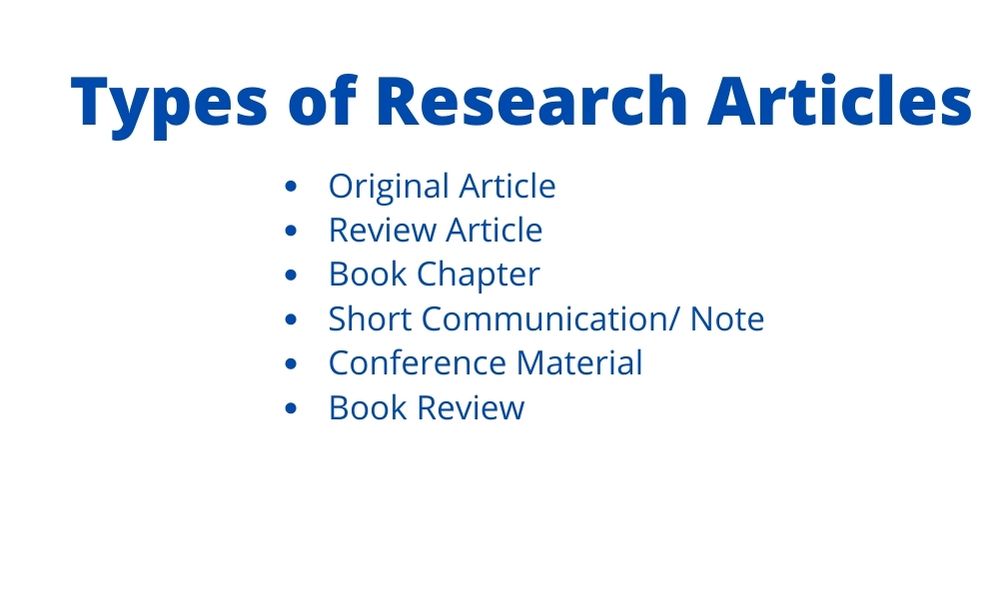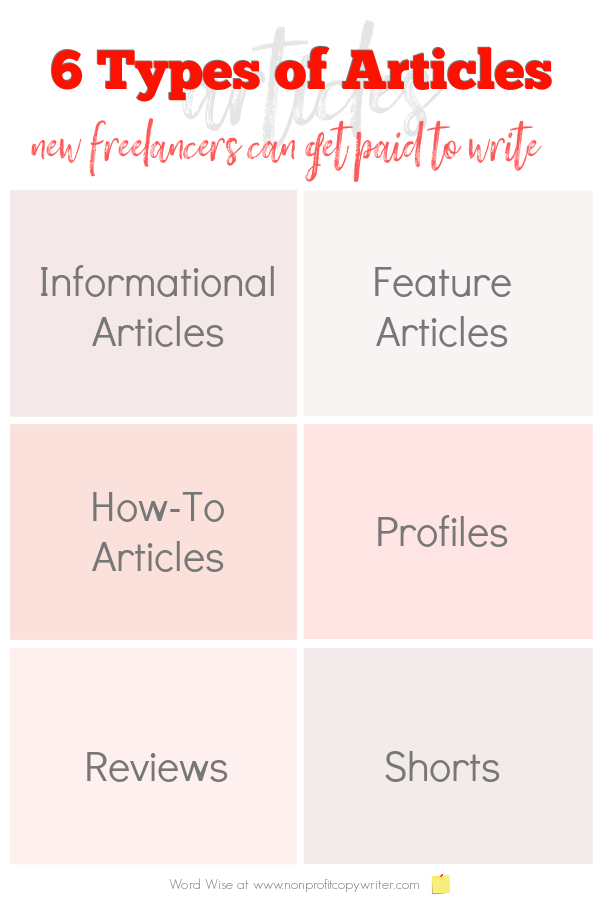Improve Your Creating Skills with the Devices Available on articles
Improve Your Creating Skills with the Devices Available on articles
Blog Article
The Mechanics of Articles: A Guide to Their Uses
The differences in between the guaranteed and indefinite posts can significantly change the significance of a sentence, impacting exactly how information is communicated. Usual mistakes, such as the inaccurate application of "a" and "an" or the misuse of short articles with uncountable nouns, can lead to complication.

Sorts Of Articles
When it involves understanding the kinds of short articles, it is vital to break down the distinctions that exist among them. Articles in the English language are classified mostly right into two types: certain and indefinite short articles.
The definite write-up, "the," is made use of to refer to details nouns that are recognized to the visitor. It represents that the noun it modifies is certain and recognizable, differentiating it from other possible entities. As an example, in the expression "the book on the table," the speaker indicates a certain book that both the audio speaker and listener know with.
In comparison, indefinite short articles, "a" and "an," are used to describe non-specific nouns - articles. They introduce nouns that are not formerly understood to the visitor or listener. For example, saying "a pet cat" does not specify which feline is being referred to; it might be any cat. The selection between "a" and "an" depends on the phonetic context of the adhering to word, where "an" is utilized prior to vowel sounds.

Definite Post Usage
The guaranteed article "the" plays a pivotal duty in defining nouns within a sentence, allowing clear interaction of concepts. Its primary function is to indicate that the noun it comes before is distinct or known to the reader or audience. For example, in the phrase "the publication on the table," "the" signals that a certain book is being referenced, one that is recognizable in the context - articles.
" The" is frequently used with single and plural nouns, in addition to vast nouns, even more enhancing its convenience. When going over concepts, occasions, or entities that are universally identified, such as "the Earth" or "the Net," the definite post serves to emphasize their singularity. Furthermore, it can be employed with superlatives, as in "the most effective service," to represent a details level of contrast.
In various contexts, the precise short article additionally appears with geographic names, establishments, and cultural referrals, such as "the United States" or "the Louvre." Comprehending its suitable use is important for attaining precision in language, thus fostering efficient interaction in both created and spoken types.
Indefinite Write-up Usage
Uncertain write-ups, specifically "a" and "an," offer a distinctive objective in language by introducing nouns that are not particularly understood to the viewers or listener. look at this web-site These posts convey a feeling of generality, suggesting that the noun they customize is just one of many possible instances as opposed to a details entity.
The selection in between "a" and "an" depends on the initial sound of the complying with word. "A" is used before words that begin with a consonant sound, while "an" precedes words that begin with a vowel sound. For instance, one would state "a cat" but "an apple." This policy is critical for keeping fluidness and simplicity of enunciation in speech.
Indefinite posts likewise enter into play when discussing professions, nationalities, or associations. As an example, one may state, "She is a doctor" or "He is an look at this website American." In addition, they can be used when pointing out something for the very first time, establishing a context for future referrals. Generally, the right use of uncertain write-ups enhances communication by giving clearness and precision concerning the nouns being gone over.
Usual Mistakes to Stay Clear Of
Lots of students experience mistakes when using indefinite write-ups, which can lead to confusion in communication. Furthermore, students often abuse uncertain articles with uncountable nouns, wrongly mentioning "a water" instead of simply utilizing "water," which does not need a post.
One more frequent mistake involves omitting the uncertain write-up when it is required. For instance, one may state "I saw pet dog in the park," disregarding to consist of "a." This omission can make sentences appear insufficient. On home the other hand, making use of uncertain articles exceedingly can likewise result in awkward wording, such as "I had a good time at a the party."
Understanding the contexts in which uncertain write-ups need to be used is critical. They are not used when referring to general categories, as in "Pet cats are spirited," rather than "A cat is spirited." Identifying these usual errors will certainly enhance clarity and precision in created and spoken English.
Tips for Effective Usage
To properly employ uncertain articles, it is vital to comprehend their proper contexts and nuances. Uncertain articles, namely "a" and "an," are utilized to refer to non-specific things or to introduce new ideas.

Additionally, prevent overusing uncertain posts in instances where uniqueness is required. Practice reading various texts to observe exactly how knowledgeable authors make use of uncertain write-ups, boosting your understanding of their effective application.
Conclusion
Recognizing the unique functions of precise and indefinite write-ups allows for even more effective expression of ideas. Inevitably, a firm grip of article use is essential for effective academic and specialist interaction.
Report this page